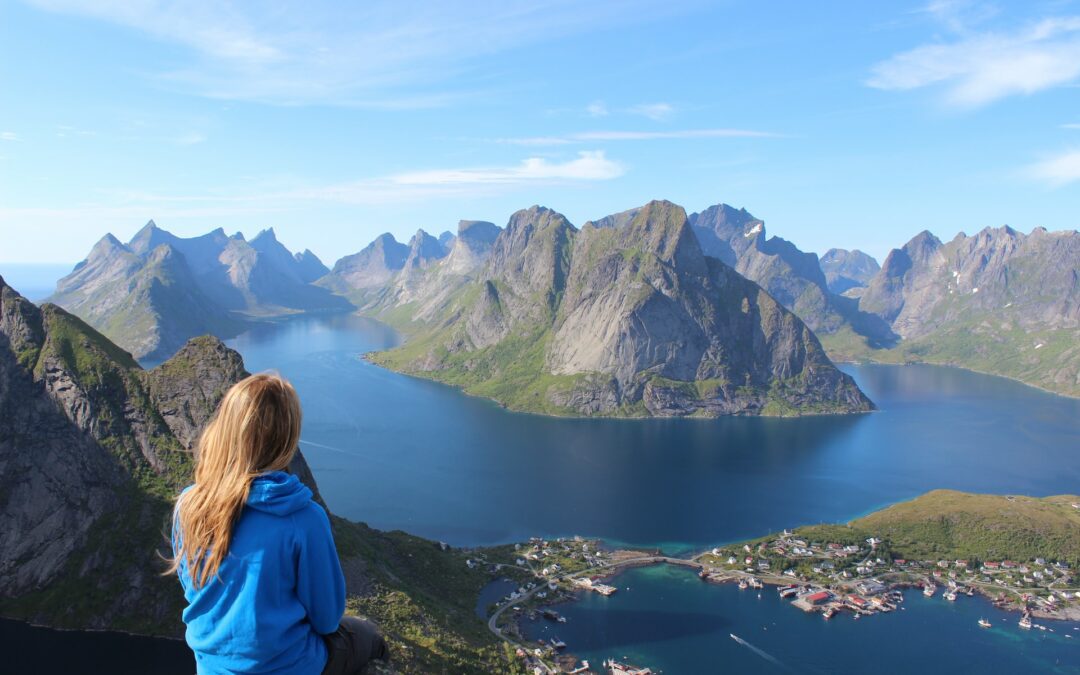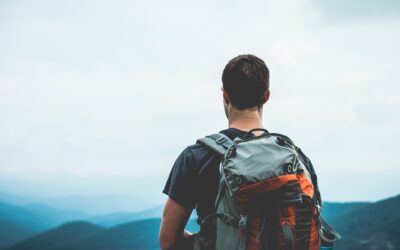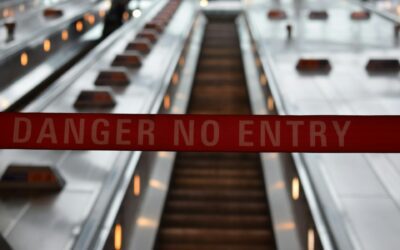|
|
What is the minimalist lifestyle and why do we associate it with digital nomads?
On their website, The Minimalists joke that:
“…. to be a minimalist you must live with less than 100 things, you can’t own a car or a home or a television, you can’t have a career, and you must live in exotic hard-to-pronounce places all over the world, you must start a blog, you can’t have children, and you must be a young white male from a privileged background.”
While this is meant to be very tongue in cheek, we’ve all heard the term used in this way. It is often used as a value statement weapon to imply that the speaker is in some way morally superior and less of a “prisoner of capitalism” than whoever they are speaking to.
The description also matches quite nicely the one that many people would give of digital nomads.
But What is Minimalism Really?
Minimalism is about removing the things that you don’t need from your life to have more time, space, and energy for the things that really matter.
This uncluttering often refers to possessions, as many people spend an inordinate amount of time buying, caring for, and eventually disposing of possessions that we don’t really need. But minimalism goes beyond that.
Minimalists also tend to advocate the idea of saying no to non-essential tasks and commitments. In this way, they liberate their time to do the things that are important to them, rather than having their energy eaten up by the things that don’t matter.
This can manifest in a lot of different ways. In the workplace, it can mean saying no to opportunities that don’t align with specific goals and outcomes. In our personal lives it can mean saying no to relationships that are toxic, or just don’t nourish us in some way. When it comes to diet, it can mean saying no to foods that are just empty calories and don’t provide nutritional benefits. Environmentally, it can mean saying no to using up non-essential resources wherever possible.
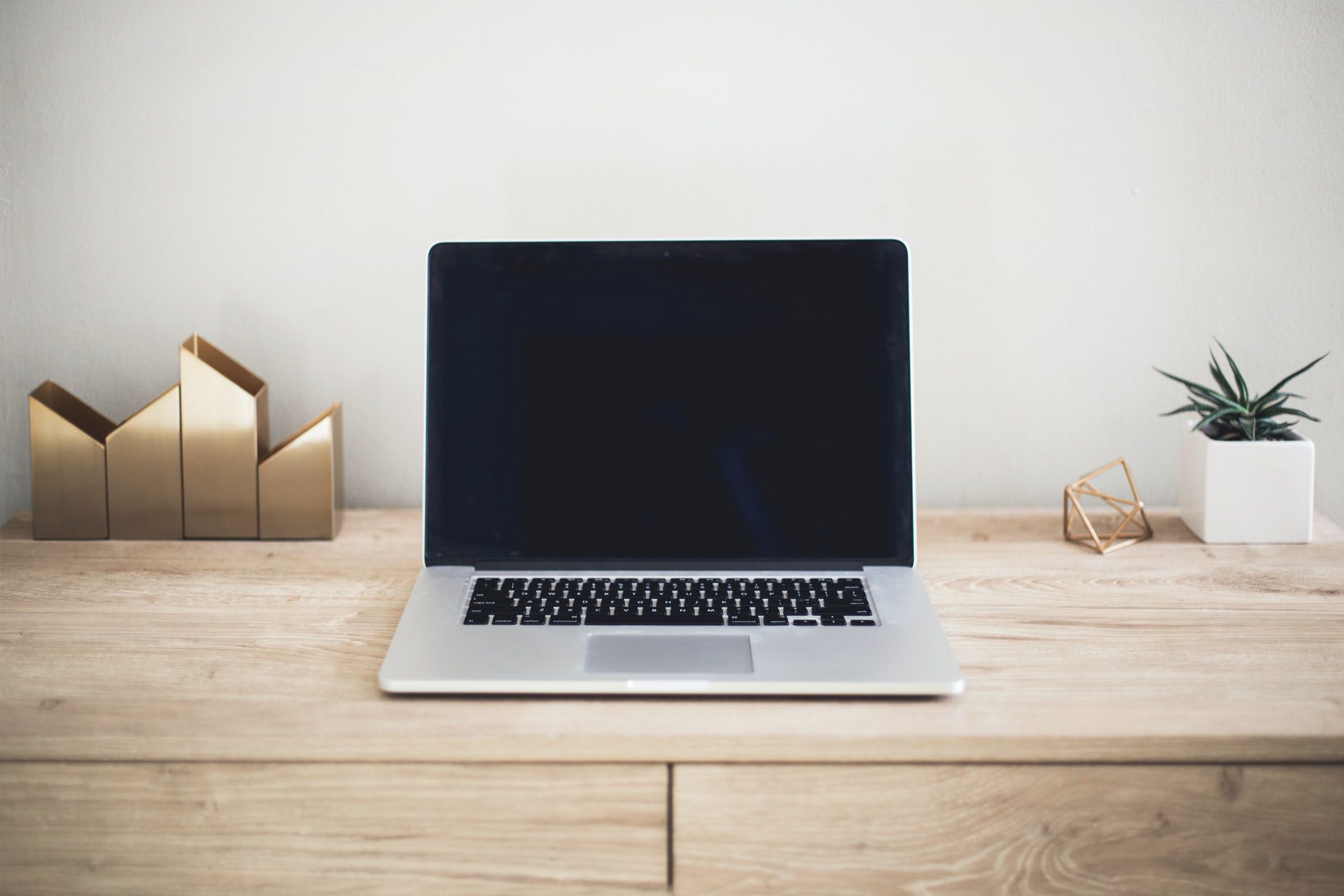
Are All Digital Nomads Minimalists?
There are elements of the digital nomad lifestyle that align with the minimalist philosophy. Digital nomads tend to have said no to the idea that they need to be in a specific place to pursue their chosen career.
Digital nomads also tend to be minimalists in terms of possessions out of the necessity of the nomadic lifestyle.
But in other ways, digital nomadism is a lifestyle that demands excessive consumption. That type of consumption just looks very different from the excessive consumption that is often complained about in the modern rich world.
What does Excessive Consumption look like for Digital Nomads?
What about excessive travel?
Right now, you might be looking at your screen and saying that there is no such thing! But many digital nomads are determined to see as much of the world as possible as quickly as possible. While there is nothing wrong with that aspiration, as a consequence of it, many digital nomads rush from place to place, only spending a few days in each location. Many digital nomads will later tell you that they struggle to really remember and appreciate all the places that they visited and that they wish they had taken a little more time.
Travel is also a very heavy activity in terms of our carbon footprint. So, a digital nomad who is jumping on a plane once a week is hardly being minimal when it comes to their carbon consumption. This kind of travel is often also accompanied by environmental problems such as the excessive consumption of individual use plastics.
Slowmadism is a phenomenon that has emerged from this excessive travel consumption. It is simply taking the digital nomad lifestyle a bit more slowly and getting to know fewer places in more depth. You can read more about Slowmadism here.
Digital nomads are ostensibly minimalist in their approach to work. Ideally, they eliminate the things that they don’t need to do their job, such as a fixed office. They also tend to be seeking a better balance between work time and free time so that they can make the most of their lives now, rather than waiting for some date in the future.
While some digital nomads do this very successfully, many struggle. This is especially the case with anyone who is starting a new career when they become a digital nomad. Building up a client list and ensuring that you have enough income coming in to support your lifestyle, even in a more affordable part of the world, is challenging.
As a result, many people fall into the trap of saying yes to everything, even when it represents work that they aren’t passionate about, work that won’t help progress their career in a positive direction, and work that doesn’t represent a great return on investment in terms of time spent and income generated.
The isolation of being a digital nomad, and the freedom to work 24 hours a day if you wish, mean that by saying yes too often, many digital nomads end up with a poorer work-life balance than they had before they set off on their journey.
And work is just one area of life where digital nomads can fall into the trap of spreading themselves too thin. Many digital nomads tend to be the type of people who want to “have it all”. They want a career while living a party lifestyle around the world. They want to maintain meaningful relationships back home while making new friends everywhere they go.
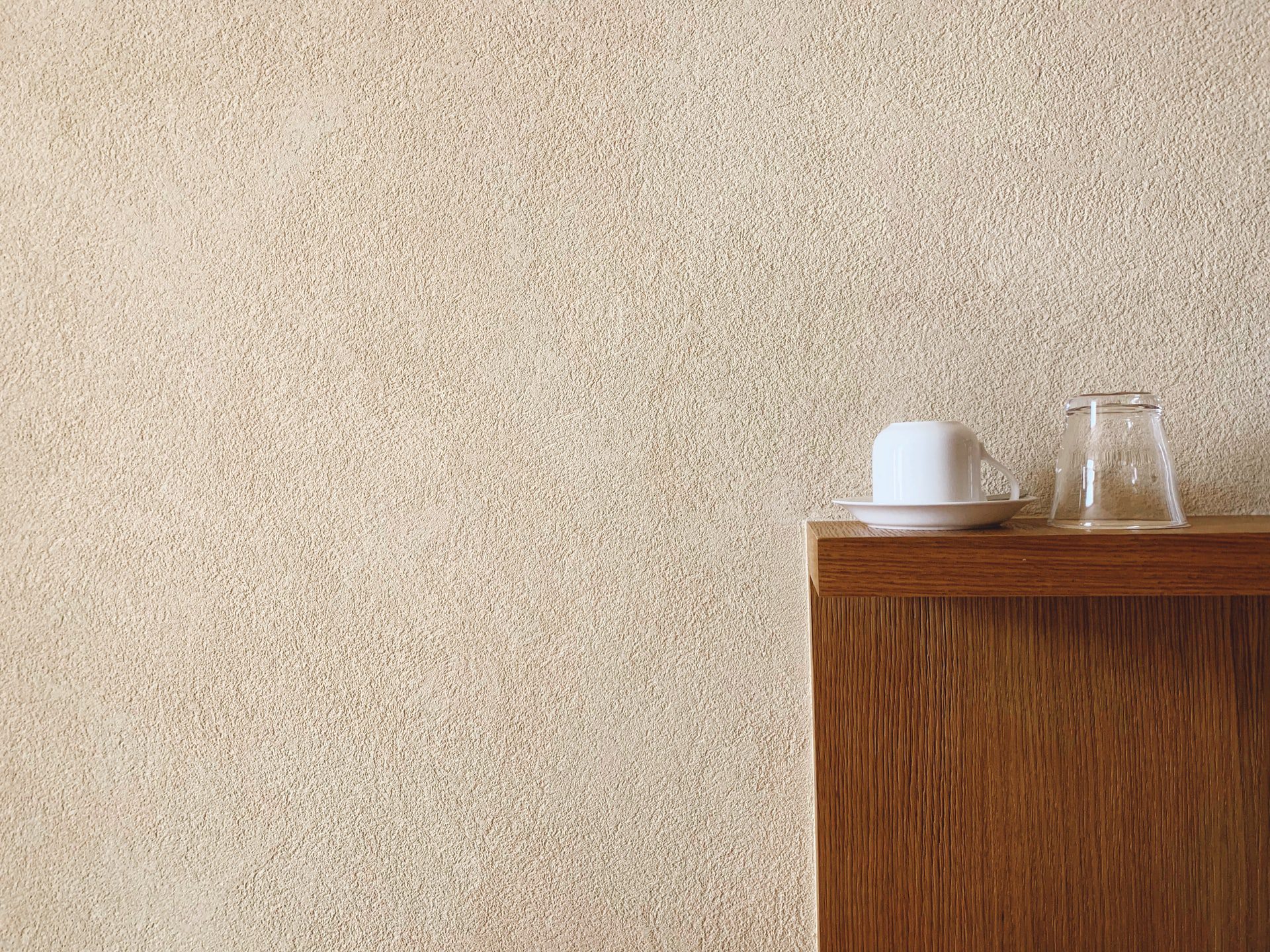
So, is Digital Nomadism bad?
We certainly don’t want to imply that all digital nomads stumble over these challenges, but rather to break down the idea that digital nomadism and minimalism are innately complimentary.
While descriptions of the lifestyle may sound similar, the similarities are only skin deep. There are digital nomads who are minimalists and those who aren’t, just as there are people who are living a more traditional lifestyle who are minimalists, and those who aren’t.
Should Digital Nomads pursue Minimalism?
Minimalism offers a lot of benefits for digital nomads. But if we acknowledge that minimalism is a mindset, rather than a way of living, then it offers considerable benefits for everyone.
We actually think that a better term for minimalism is essentialism, a term recently explored by Greg McKeown in his New York Times Bestseller Essentialism.
He describes essentialism as doing less, but better, so that you can make your highest possible contribution.
“The way of the Essentialist isn’t about getting more done in less time. It’s not about getting less done. It’s about getting only the right things done. It’s about challenging the core assumption of “we can have it all” and “I have to do everything” and replacing it with the pursuit of “the right thing, in the right way, at the right time”. T’s about regaining control of our own choices about where to spend our time and energies instead of giving others implicit permission to choose for us.”
So, essentialism isn’t just one thing, such as only having the possessions that are important to you (for that you need KnoMari), or just saying yes to the jobs that inspire you, or just investing in your most important relationships.
Essentialism is more a philosophy that you apply to every aspect of your life.
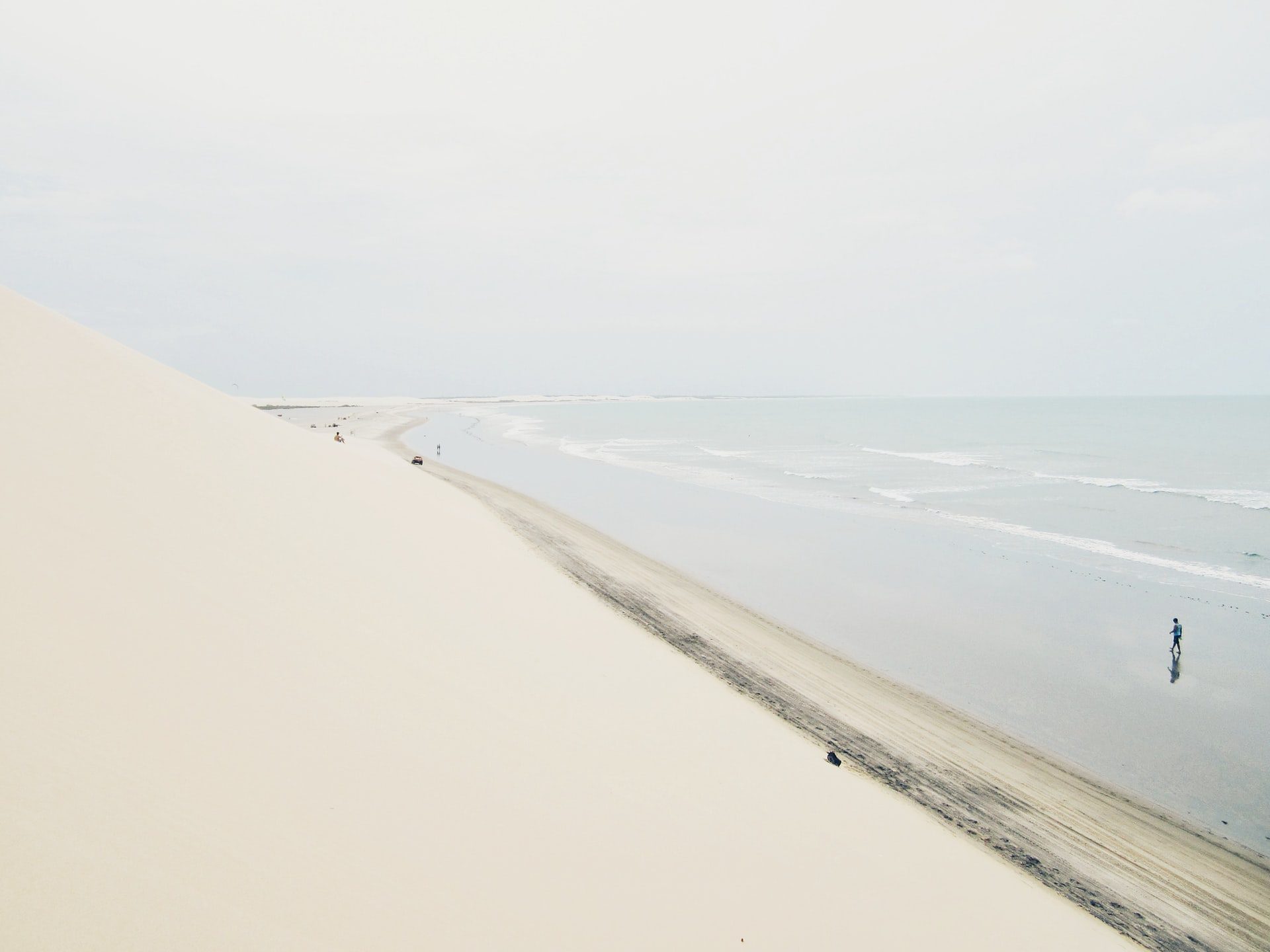
What are the Key Principles of Essentialism?
To really get your head around essentialism, you should definitely read McKeown’s book. But as a taster, these are some of the main principles of an essentialist lifestyle philosophy.
Value your time and energy.
These days, being busy is almost a badge of honour. It suggests that you are important and in demand. Many people also find it incredibly hard to say no when other people ask them to do something.
But what this means is that many people end up being very “busy” and using up their time and energy on things that don’t really matter. Since time and energy are both limited commodities, it means that they have less of both to dedicate to the things that are really important.
The essentialist philosophy asks us to recognize this fact, and to say not to the things that aren’t important or that don’t bring us joy.
This doesn’t mean that we will suddenly be unproductive. In fact, our productivity should increase significantly as we are able to do the things that matter significantly better.
Basically, less is more.
Learn what is vital.
Of course, to dedicate your time and energy to what matters, you need to be able to determine what is important.
First and foremost, this involves understanding yourself and what matters to you. But beyond that, of all the things that try to drain your attention each day, you need to be able to determine which of those are essential to your priorities, and which are just distractions and background noise.
There are many tools that can support this kind of awareness and understanding, but a few are particularly useful.
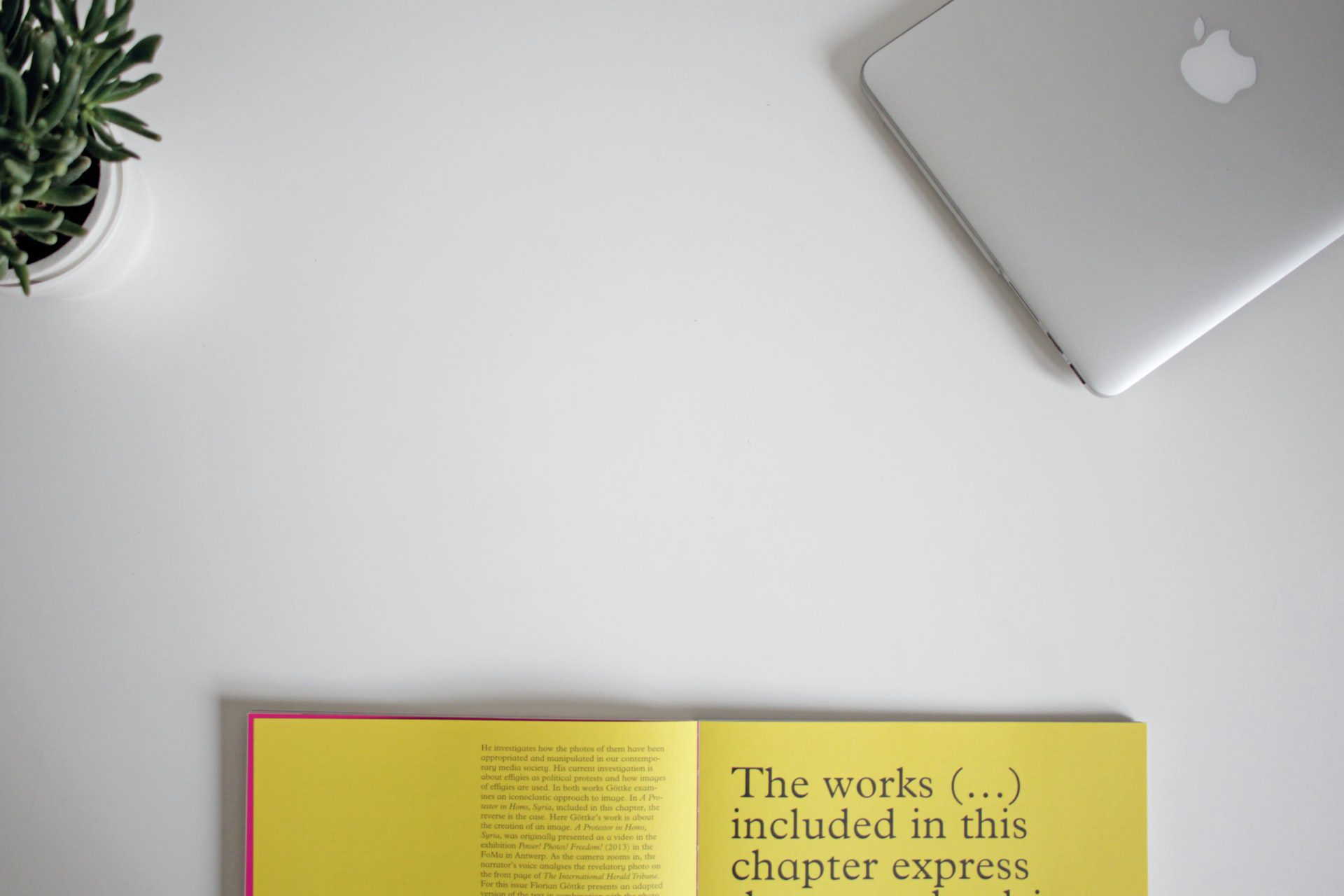
If it’s not a clear yes, then it’s a clear no.
This really means applying tougher criteria to life’s big decisions. If you know what you want in life, you’ll know if an opportunity aligns with it. If it is only halfway there, you should say no, rather than look for excuses to say yes, which many of us do.
Apply a zero-based ownership model.
Most human beings fall into the trap of overly prioritizing the things that they already have. This is called loss aversion. This basically means that human beings experience losses asymmetrically more severely than equivalent gains.
While this is principally a term used in economics to explain aspects of consumer behaviour, it also explains why people stay in bad jobs and relationships.
Essentialism suggests that we try and break this mindset by treating things as if they are not already ours.
If you didn’t already own an item, would you still buy it? If you hadn’t invested time and energy in a project, would you still continue with it?
Set clear boundaries.
For essentialism to work, you need to learn to set clear boundaries, which basically learns meaning to say no.
Fun is essential.
While essentialism might seem like a fairly strict philosophy, it doesn’t have to be. If having fun, gaining new life experiences, and meeting new people is important to you, an essentialist approach to life means that you should have more time and energy to do exactly these things.
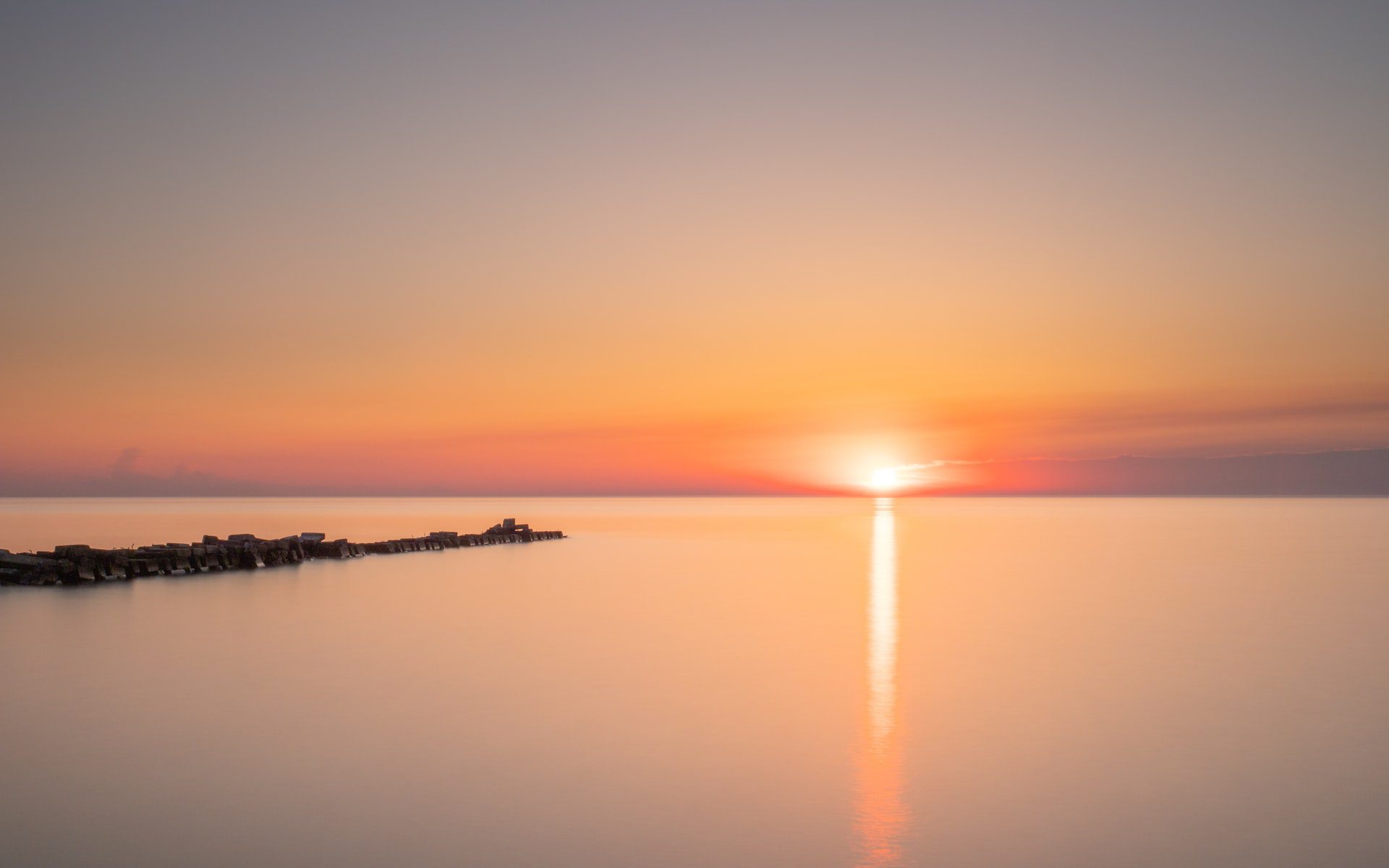
Embrace the unexpected.
If encountering the unexpected is important to you, essentialism can help you with that too. The essentialism mindset is not about creating rigid routines in your life. It is about knowing what matters and prioritizing what matters
Basically, essentialism helps you make better decisions. This means that you will be in a better position to choose the right unexpected opportunities when they turn up and make the most of them.
And to feel more safe with the unexpected, you can take several steps like having travel insurance and medical coverage. SafetyWing covers digital nomads everywhere, even on their trips home.
Essentialism and Digital Nomads
If you have chosen the digital nomad lifestyle, you are already pretty clear on some of the things that are most important to you: travel, gaining new life experiences, and learning from the world.
But to make the most of the opportunity that the digital nomad lifestyle offers you, it can be useful to apply the essentialist mindset to everything you do.
The same ruthless prioritization can help you make better decisions about where to go and what to do when you get there. It can help you make better decisions about what jobs to take on to optimize your career and your time.
Basically, essentialism could help you be a better digital nomad.

